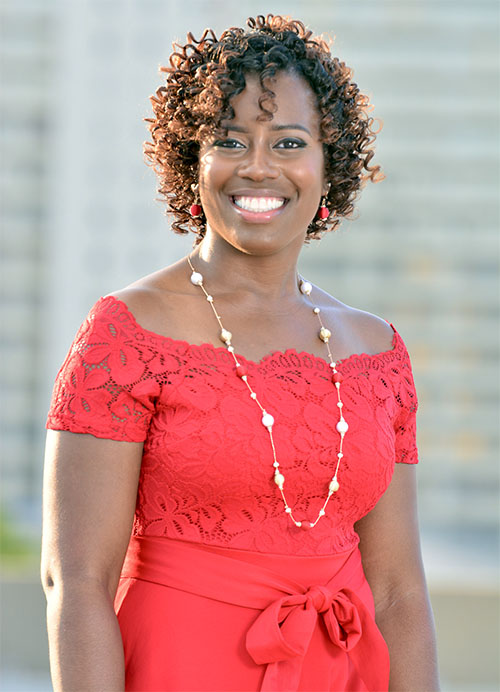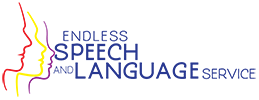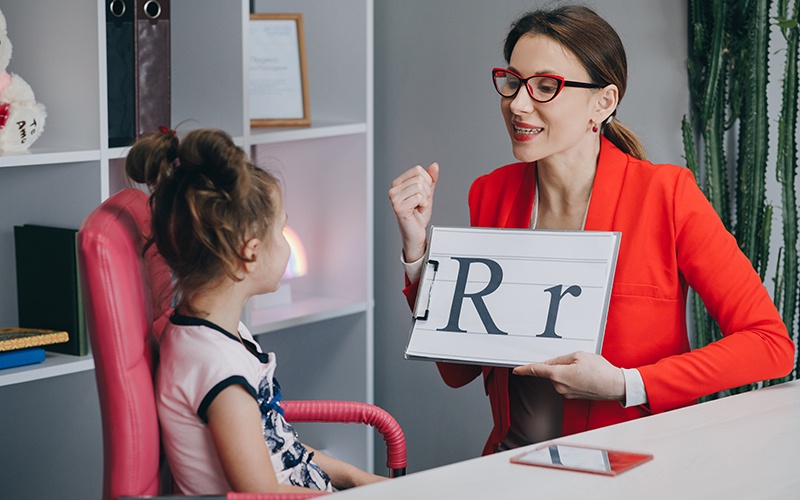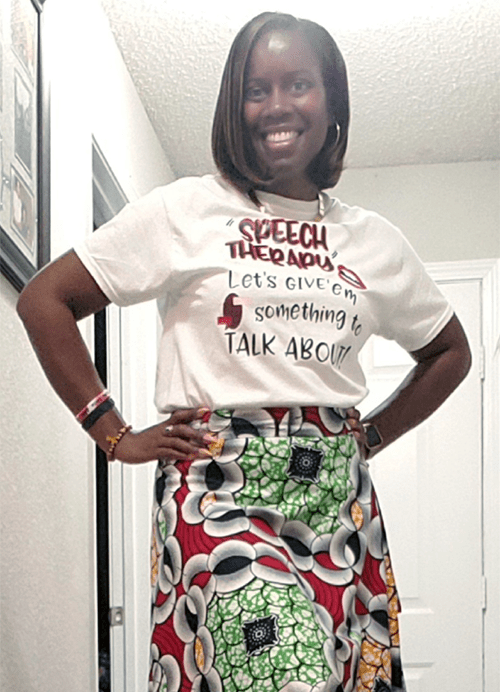Speech and Language Therapy In a “NUTSHELL”
Your child has just reached the “BIG 3”! The age milestone where children begin to use five or six words in a sentence, turn pages of a book, follow simple three-step directions, and understand more of what adults are saying to them, even though they may not follow the steps completely. As a parent, your child is not exhibiting the norms of a 3-year-old and you reach out to your child’s health care provider. A thorough evaluation was performed, and the physician begins sharing a wealth of information with you, more than you would like to handle.
Amongst the information shared, three main words fixated in your mind, “speech”, “language” and “delay”. As a parent you are trying to combine these terms to make sense of it all. Maybe not understanding that they all service specific entities. So, what does these terms mean? Well, let me take a moment to explain, just what a Speech-Language Pathologist does in perspective to Speech and Language Therapy.
The field of speech and language therapy is somewhat a vague body of knowledge that only a few people understand. What most people do not know is that there is a difference between speech therapy and language therapy. The term speech and language therapy are widely used, since speech and language problems coexist most of the time.
Separating The Two
The truth of the matter is that speech therapy and language therapy differ in some key areas. Mainly, they differ on the problems that they are targeting. No two children learn the same way. Every child has unique needs and it is important to meet them where they are. The techniques and activities used during therapy are also different. Although there are times that these activities are done simultaneously, to target two problems at a time.
Speech Therapy
Speech therapy is performed to its greatest extent to treat speech problems. There are “endless” techniques, strategies, and accommodations. Speech therapy is evidence based to assist with treating the problem presented. Such speech problems deal with how the child speaks and/or the way he or she speaks. Speech problems are placed into three general categories:
- Voice disorders- Voice disorders mainly deal with the entire speech production system which includes respiration (breathing), phonation (speaking), articulation (pronunciation), and resonance (tone). These components may be obstructed due to physiological malfunction, anatomical differences, fatigue, or neurological problems. Some voice disorders present problems in pitch, volume, and tone. The presence of breathy, raspy, nasal, and weak voice is viable also.
- Articulation disorders- Articulation disorders, on the other hand, deal with the manner a person speaks. The problem is rooted from the articulators themselves. Articulators are composed of the tongue, teeth, lips, hard palate, soft palate, jaw, and cheeks. Articulation disorders may be due to weakness or physiological malfunction in any of the articulators. This results in distorted or unintelligible speech.
- Fluency disorders (aka “stuttering”)- Fluency disorders, usually appear during the development of a child’s speech and language skills. It’s normal during the speech development stage, which causes toddlers to constantly repeat, hesitate, and mispronounce syllables, sounds, and words. It may be the case that he or she talks too fast or too slow. Stuttering in children becomes a cause for alarm when the child fails to show signs of improvement after six months since the onset of disfluency. What researchers are sure of is that there are factors that may influence a person’s inability to speak fluently.
A child’s voice is the primary means of expression and oral communication and is the key to socialization.
Language Therapy
Language therapy mainly targets vocabulary usage and the ability to put words together to form complete sentences. It also addresses two main important areas of learning: receptive language and expressive language. Unlike speech disorders, that manifest physical differences, most language disorders are due to problems centered around cognition incapability. Is the child able to retain pertinent information, able to use language appropriately and capable of understanding language usage? Language therapy targets numerous areas of learning, but specific areas that are important to fully expressing a child’s wants and needs. Language therapy focuses on, but is not limited to, social interaction, play skills, comprehension, sequencing, action words, pronouns, prepositions, categories and sorting, just to name a few.
Receptive language problems mainly deal with difficulties understanding received language, like what other people are telling you and comprehending written data. Expressive language problems, on the other hand, are difficulties with expressing oneself. You may have a hard time knowing which words to use verbally or even through writing.
The sad truth about Speech and Language Therapy is that an individual may not encounter the benefit of its service unless the situation calls for it. However, getting to know what the practice is can provide very beneficial information. Speech-Language Pathologist not only tackle speech disorders, but also language and other communication problems that people may already derived from birth, acquired by accidents or illness.
In some cases, speech and language problems can be present simultaneously. The goal of Speech Therapy is for an individual to develop or recover effective communication skills at its optimal level. Recovery mainly depends on the case and severity of the child’s problem.
Speech therapy takes hard work which is spread out over many months or even years. However, the process is worth it as there is no “quick fix” to therapy, but the key to success is “consistency”.
If you have read anything in this blog today, that you have more concerns or questions about, please don’t hesitate to reach out to us via the contact log. I hope this segment blessed you in a positive way!



